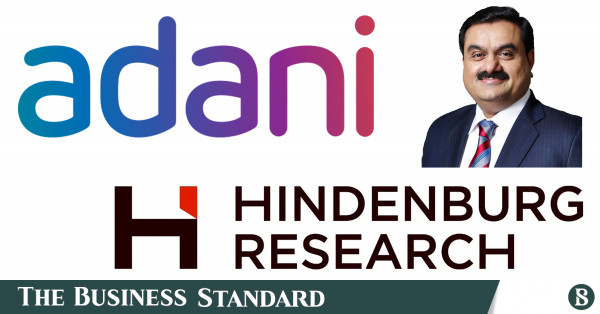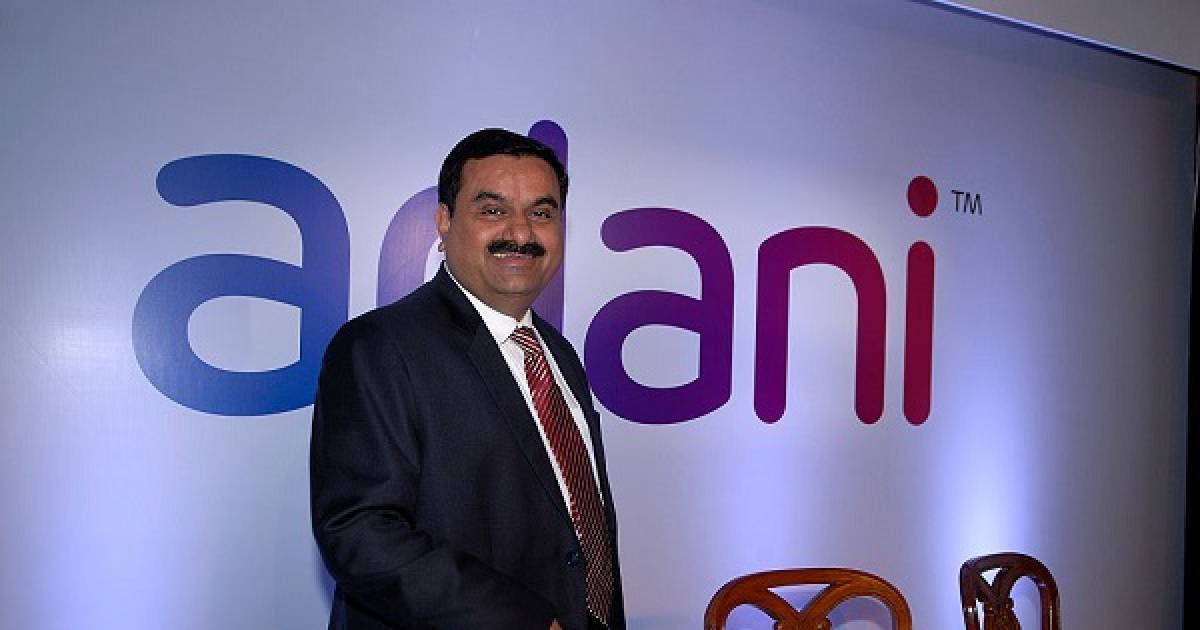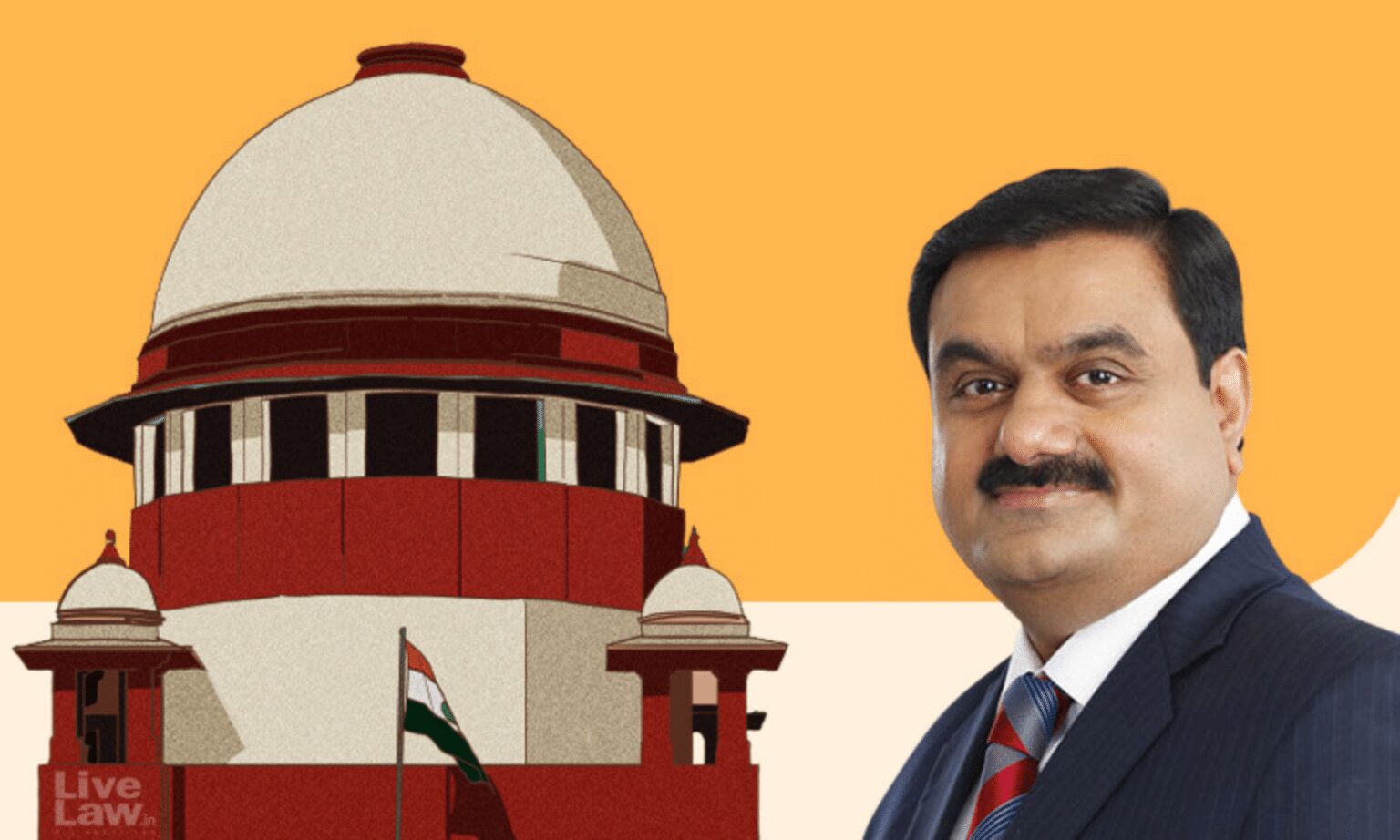The Supreme Court of India has rejected a plea by the Adani Group to impose a gag order on the media from reporting on the Adani-Hindenburg issue, stating that the freedom of the press is paramount and cannot be curtailed.
By: Priyanshi Mishra

In a recent development, the Supreme Court of India has rejected a plea that sought to stop the media from reporting on the Adani-Hindenburg issue. The plea was filed by the Adani Group, one of the country’s largest conglomerates, and it had requested the court to impose a gag order on the media from reporting on the matter. However, the court has refused to grant the request, stating that the freedom of the press is paramount and cannot be curtailed.
The Adani-Hindenburg issue has been making headlines in India for the past few weeks. The controversy began when Hindenburg Research, a US-based research firm, released a report that accused the Adani Group of inflating prices, evading taxes, and engaging in other financial irregularities. The report sent shockwaves through the Indian business community, as the Adani Group is one of the most influential and powerful corporate entities in the country.
The Adani Group, which billionaire Gautam Adani heads, has denied all allegations made by Hindenburg Research. The group has called the report “malicious and misleading” and has threatened legal action against the research firm. However, the controversy has continued to grow, with several opposition parties in India calling for a thorough investigation into the matter.
Against this backdrop, the Adani Group filed a plea in the Supreme Court, seeking a gag order on the media from reporting on the Adani-Hindenburg issue. The group argued that the media coverage was defamatory and baseless and that it was affecting the group’s reputation and business interests. The plea also claimed that the media coverage was a violation of the group’s right to privacy.

However, the Supreme Court has rejected the plea, stating that the freedom of the press is a fundamental right and cannot be curtailed. The court also observed that the Adani Group has not provided sufficient evidence to prove that the media coverage was defamatory or that it violated the group’s right to privacy. The court further stated that the media has a responsibility to report on matters of public interest and that the Adani-Hindenburg issue falls under this category.
The court’s decision has been widely welcomed by journalists and media organizations in India. Many have hailed it as a victory for press freedom and as a reaffirmation of the media’s role as a watchdog of democracy. However, the Adani Group has expressed disappointment with the decision, stating that it will continue to pursue legal action against Hindenburg Research.
The Adani-Hindenburg issue has highlighted the growing power and influence of corporate entities in India, and the need for greater transparency and accountability in the country’s business sector. The controversy has also raised questions about the role of the media in reporting on financial irregularities and corporate malpractices.
The Indian media has come under increasing pressure in recent years, with several high-profile cases of media censorship and harassment. The Adani-Hindenburg issue is a reminder of the importance of protecting the freedom of the press, and of the need for journalists to be able to report on matters of public interest without fear of reprisal.
Going forward, it is crucial that the Indian Government take necessary steps to safeguard the freedom of the press and to ensure greater transparency and accountability in the business sector. The Adani-Hindenburg issue has shown that the public expects and demands greater accountability from corporate entities and that the media has a crucial role to play in ensuring that this accountability is maintained.
In conclusion, the Supreme Court’s decision to reject the plea by the Adani Group to stop the media from reporting on the Adani-Hindenburg issue is a victory for press freedom and a reaffirmation of the media’s role as a watchdog of democracy. The decision sends a strong message that the freedom of the press is paramount.












